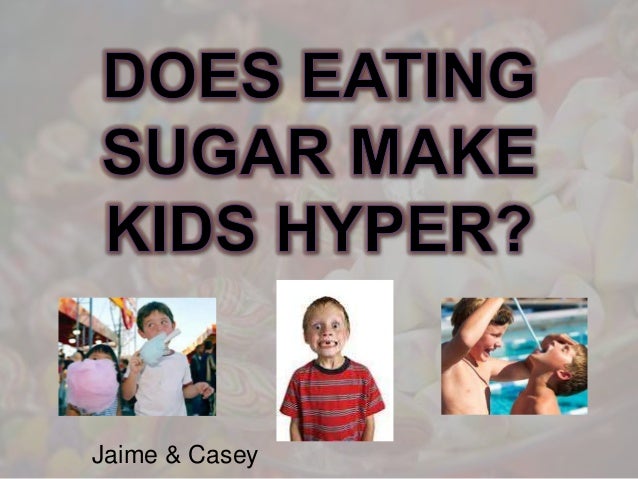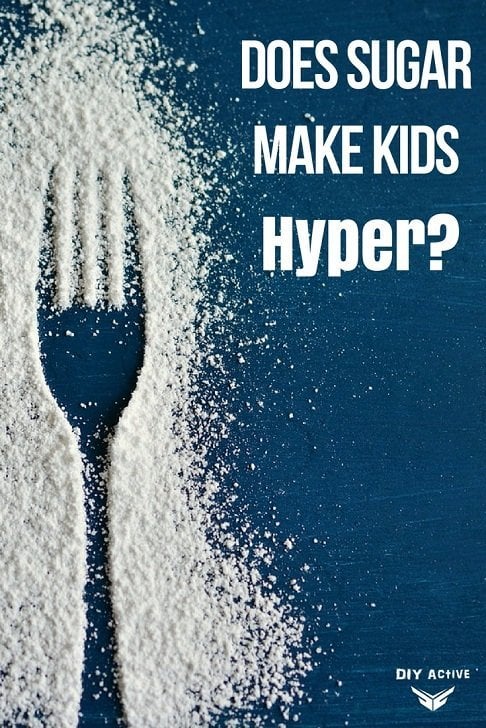
Sugar, a sweet ingredient that is found in almost every food product, has been blamed for a host of health problems. One of the most common beliefs is that it makes children hyperactive. But is there any truth to this claim?
The Myth of Sugar and Hyperactivity

For decades, parents have been told that sugar causes hyperactivity in children. However, according to numerous studies, this is simply a myth.
In a study published in the New England Journal of Medicine, researchers found that sugar intake did not affect the behavior of children. The study involved 23 children who were given either a high-sugar or a low-sugar diet. The researchers found no difference in the children's behavior, cognitive function, or mood.
Another study published in the Journal of Abnormal Child Psychology found that there was no link between sugar and hyperactivity in children. The study involved 35 children who were given either a high-sugar or a low-sugar diet. The researchers found no difference in the children's behavior or cognitive function.
The Real Culprit

If sugar isn't to blame for hyperactivity in children, then what is? The real culprit is artificial food coloring.
A study published in the journal Pediatrics found that artificial food coloring caused hyperactivity in children. The study involved 153 children who were given a drink containing either a high or a low amount of artificial food coloring. The researchers found that the children who drank the high-amount drink were more hyperactive than those who drank the low-amount drink.
Another study published in the Lancet found that artificial food coloring caused hyperactivity in children. The study involved 297 children who were given a drink containing either a high or a low amount of artificial food coloring. The researchers found that the children who drank the high-amount drink were more hyperactive than those who drank the low-amount drink.
The Effects of Sugar on Children

Although sugar doesn't cause hyperactivity in children, it can still have negative effects on their health. Excessive sugar consumption can lead to obesity, diabetes, and tooth decay.
According to the American Heart Association, children should consume no more than 6 teaspoons of added sugar per day. Unfortunately, many children consume much more than this. The average child in the United States consumes about 19 teaspoons of added sugar per day.
Parents should monitor their children's sugar intake and encourage them to eat a healthy, balanced diet. This can help prevent a host of health problems later in life.
Conclusion

In conclusion, sugar does not make kids hyper. This is a myth that has been debunked by numerous studies. However, artificial food coloring has been linked to hyperactivity in children. Parents should monitor their children's sugar and artificial food coloring intake to ensure their health and well-being.